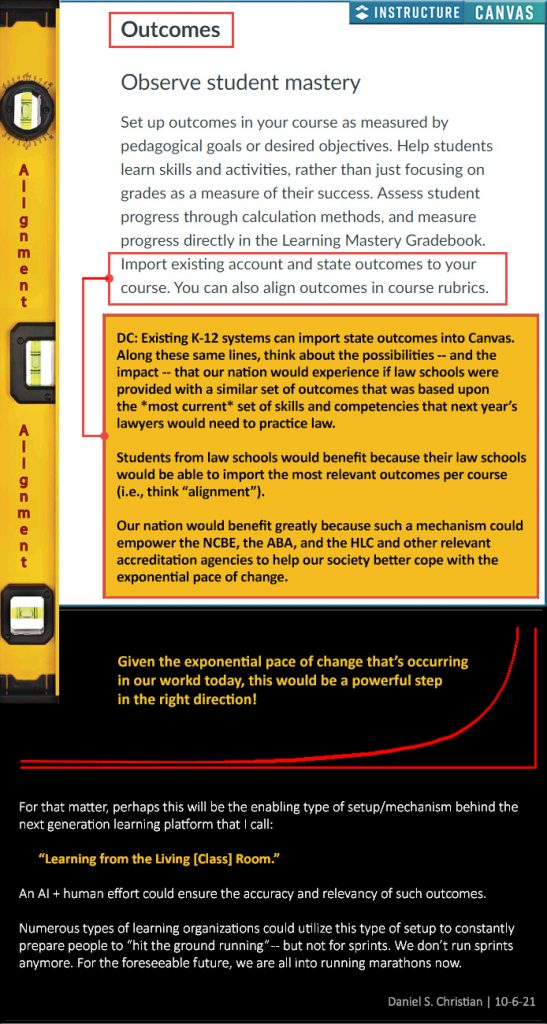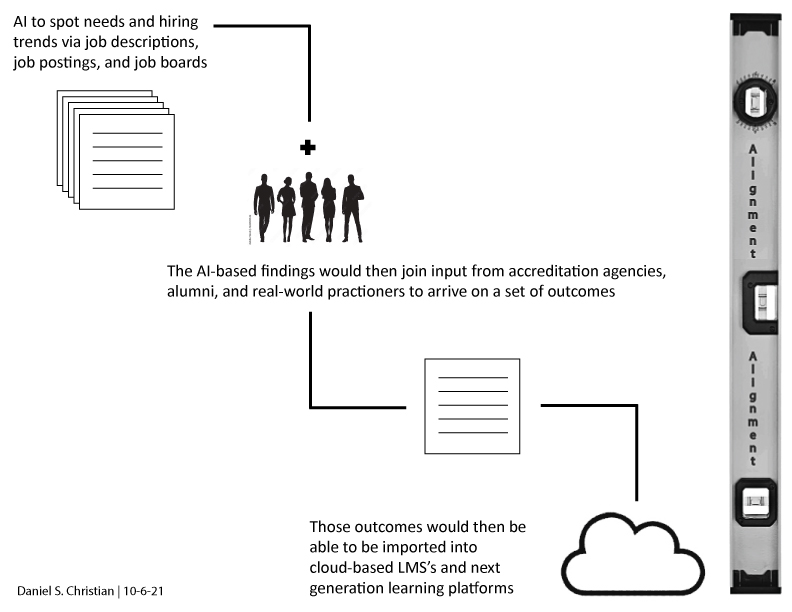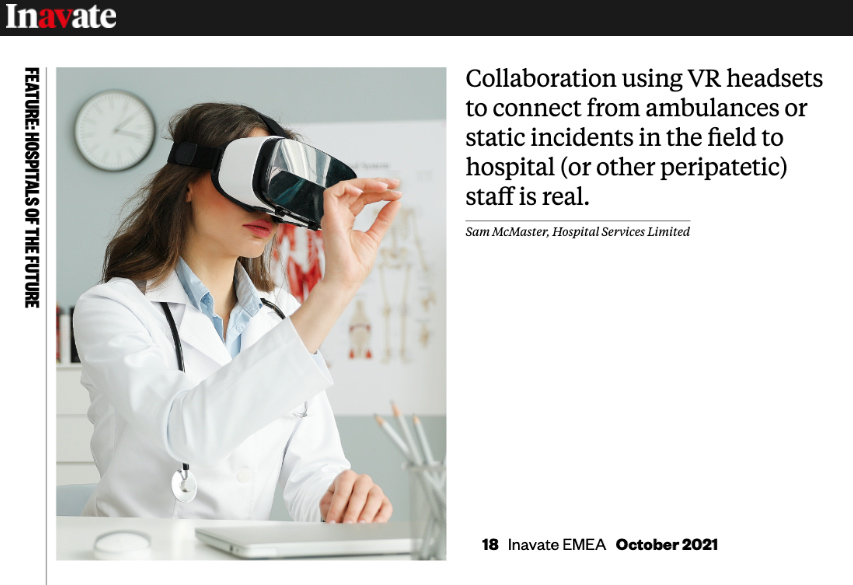From DSC:
Time will tell which institutions have the prerequisite culture of innovation that will help reinvent themselves, stay relevant, and survive.
And for people (who have worked in higher education for years) who don’t like to see learners as customers…well…when those learners are often paying $100,000-$250,000 or more for a four-year degree, those folks don’t have much say or credibility any longer. The price increases that they never stepped in to stop from occurring have forever changed the learning ecosystems within higher education. The idea of supporting the perspective that says:
Well, we’re proud (and content) that our institution will have the lowest price increase in X (where X is a city, state, or geographic region)
or
We’re proud that our institution will have the lowest price increase within our group of similar/comparative institutions.
…well, that type of perspective hasn’t cut it for years now. But the danger of that status quo perspective is only becoming apparent to many now that one’s very survival is at stake.
Addendum/also see:
- Embracing Innovation, Technology and Culture Change for the Sake of Access — from campustechnology.com by Rhea Kelly & Co.









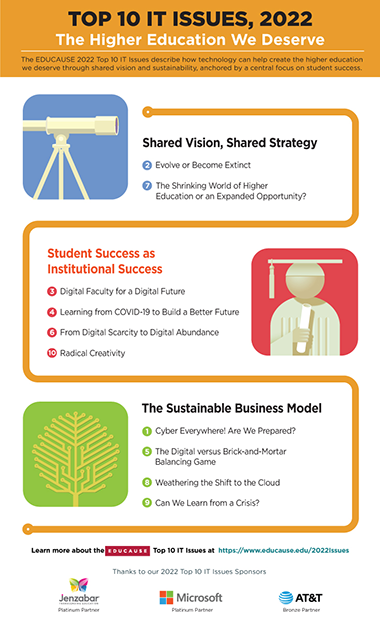
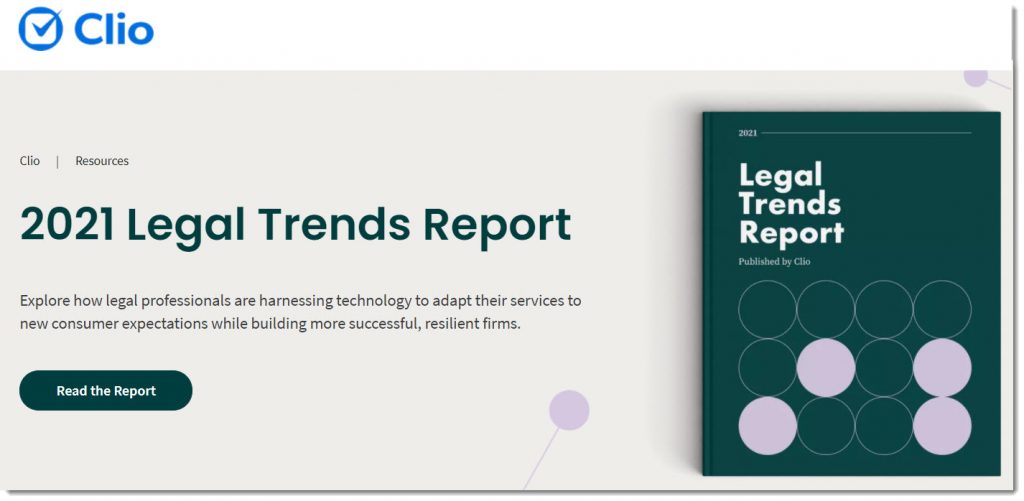
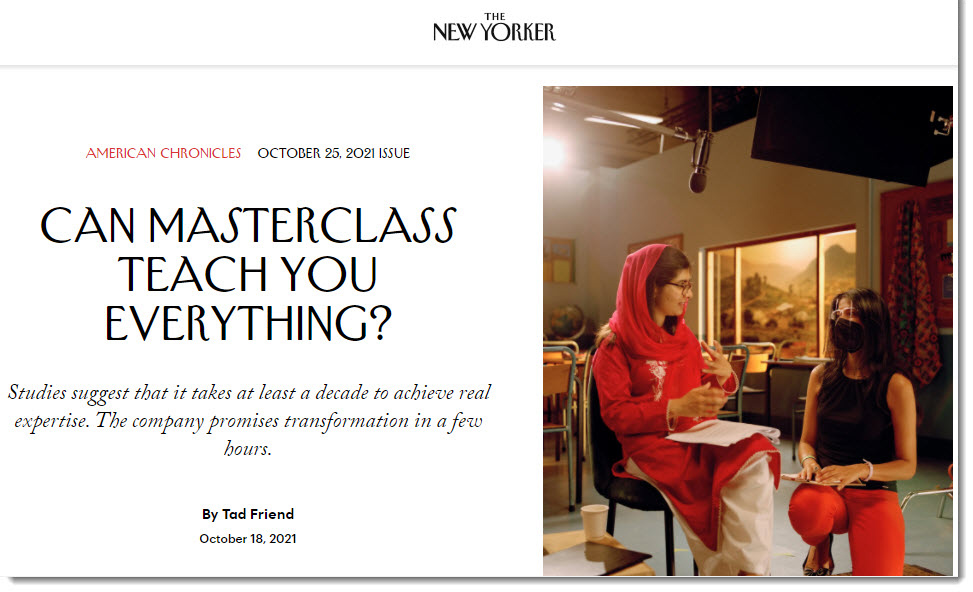
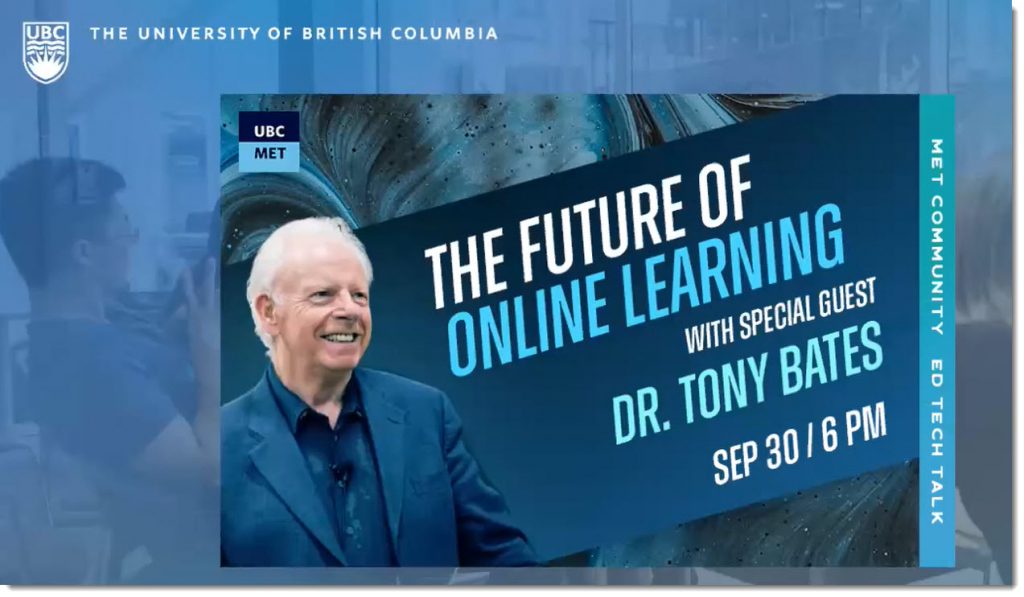
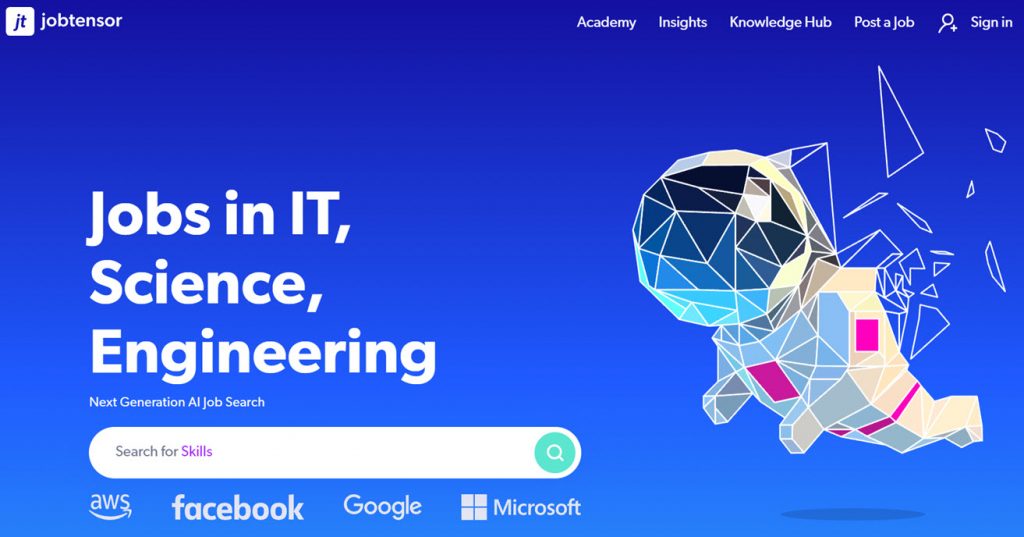
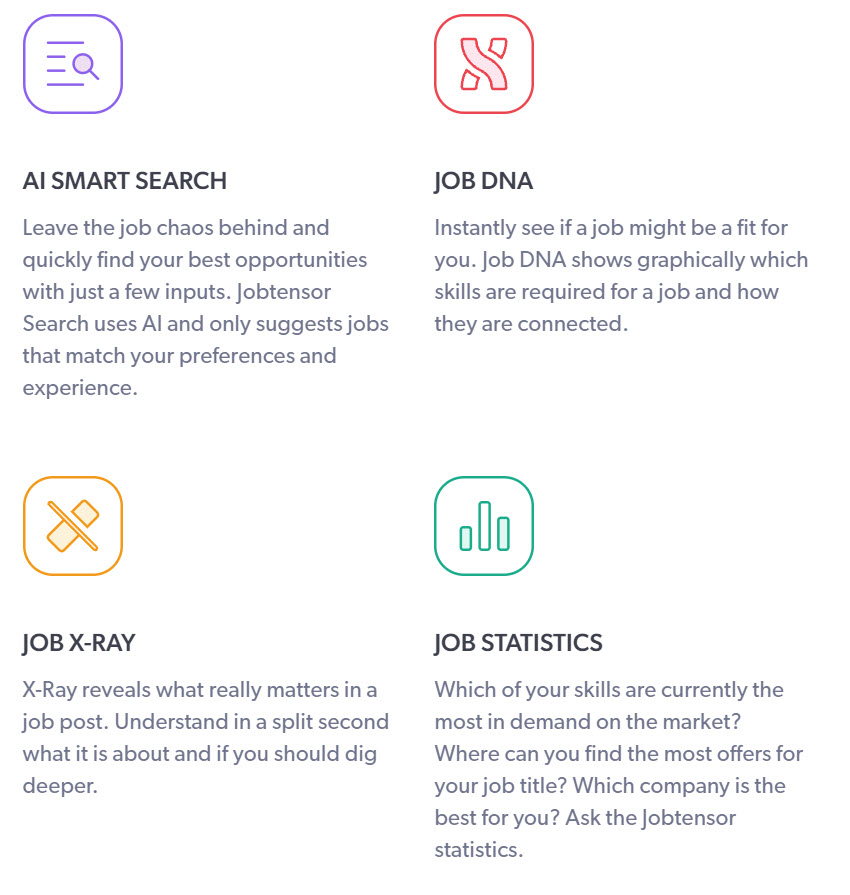


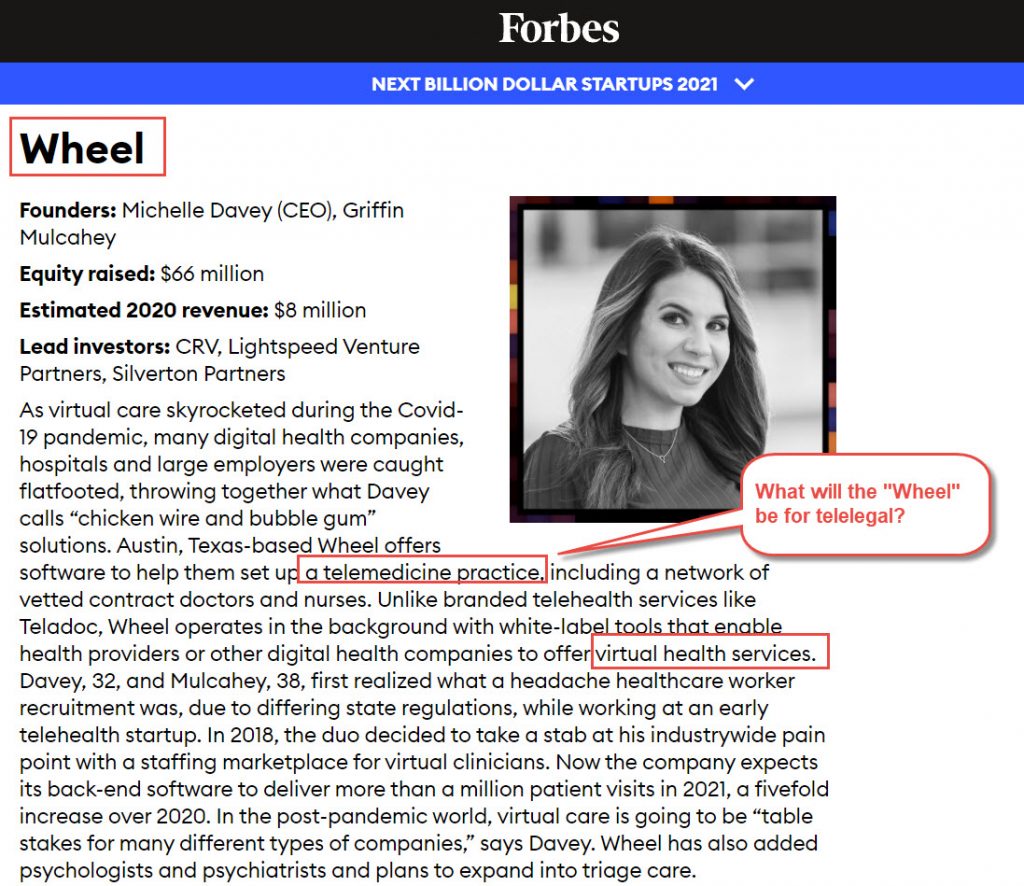

 Source:
Source: 